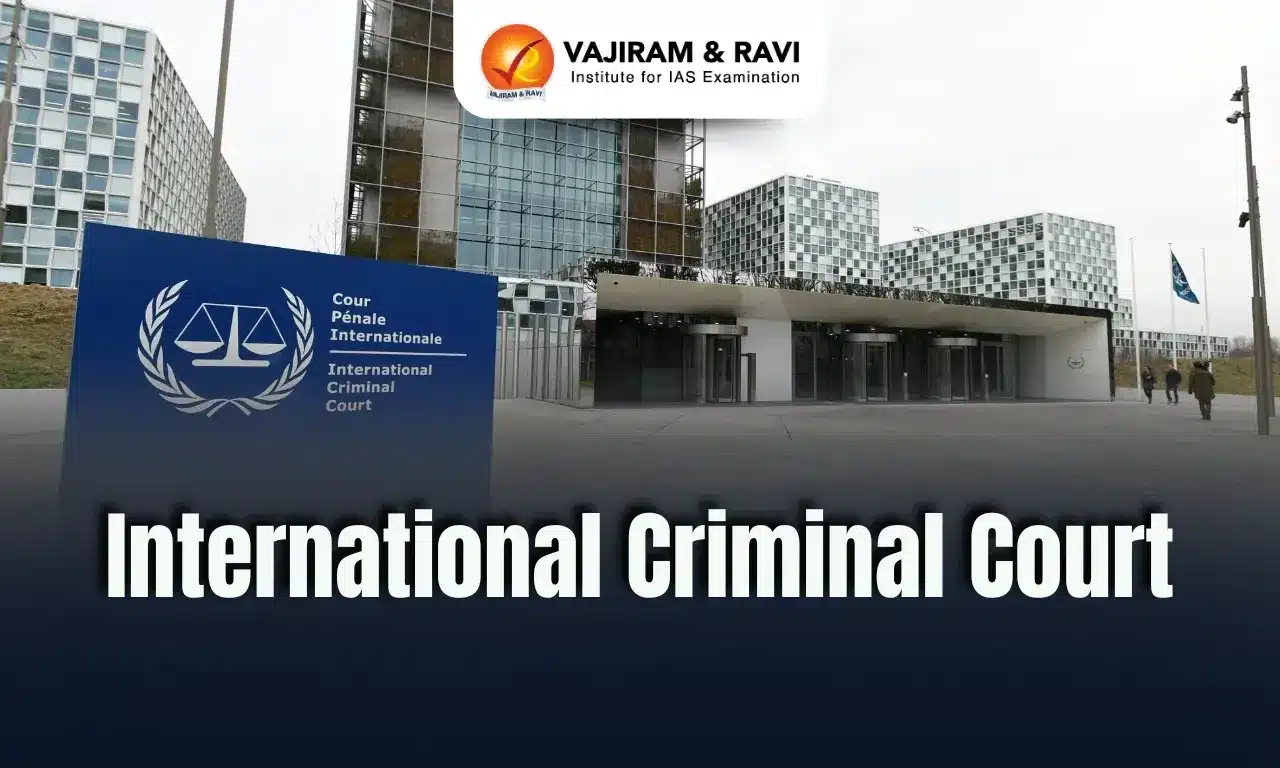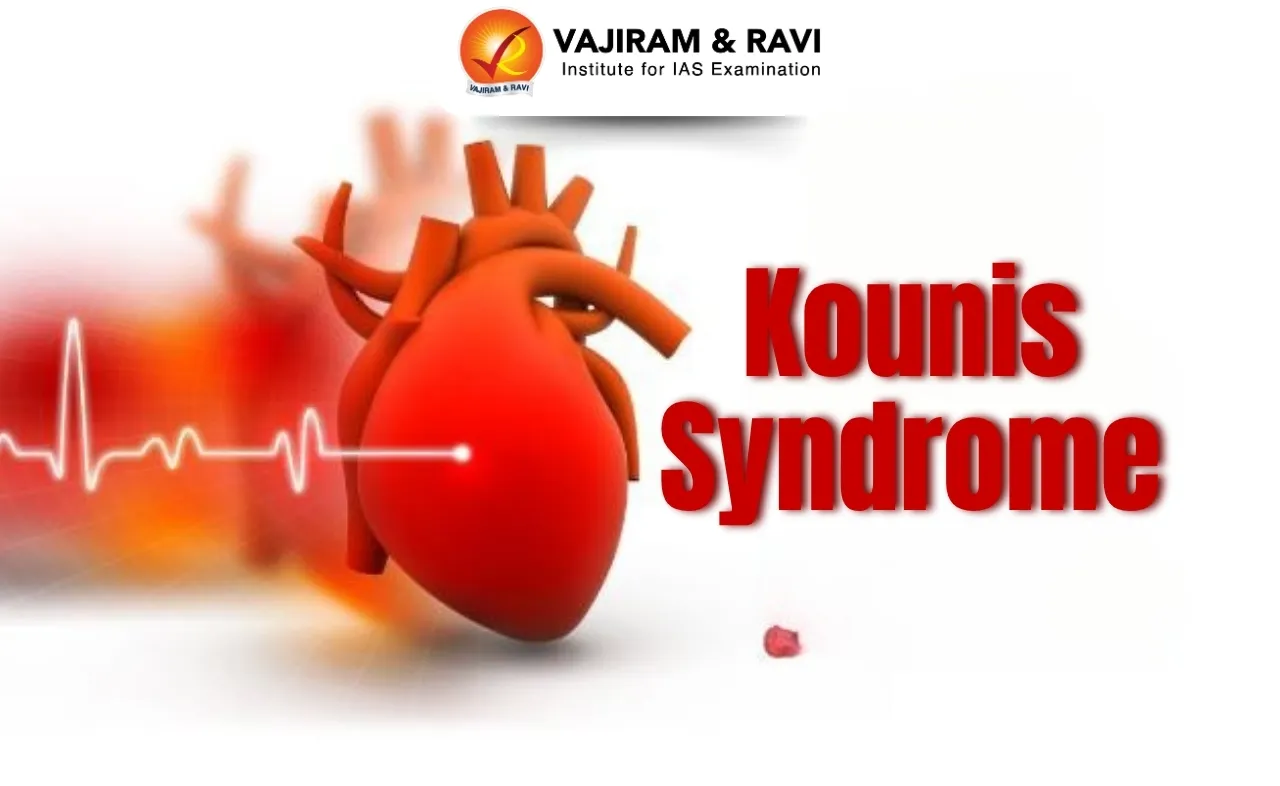International Criminal Court Latest News
U.S. President Donald Trump recently signed an executive order imposing sanctions on the International Criminal Court over investigations of Israel, a close U.S. ally.
About International Criminal Court
- It was established in 2002 to hold to account those guilty of some of the world’s worst crimes.
- It is the only permanent international criminal tribunal.
- It was established by an international agreement, the Rome Statute, on 17 July 1998.
- The Rome Statute sets out the Court’s jurisdiction, structures, and functions.
- The Statute entered into force on 1 July 2002.
- Mandate: ICC investigates and, where warranted, tries individuals charged with the gravest crimes of concern to the international community: genocide, war crimes, crimes against humanity, and the crime of aggression.
- As a court of last resort, it seeks to complement, not replace, national Courts.
- Members: There are 125 member countries, but dozens of governments are not ICC parties, including China, India, Israel, Russia, and the United States.
- Funding: The Court is funded by contributions from the States Parties and by voluntary contributions from Governments, international organizations, individuals, corporations, and other entities.
International Criminal Court Composition
- Judges: The court has eighteen judges, each from a different member country, elected to non-renewable nine-year terms.
- The Presidency: Consists of three judges (the President and two Vice-Presidents) elected from among the judges. It represents the Court to the outside world and helps with the organization of the work of the judges.
- Judicial Divisions: 18 judges in 3 divisions, the Pre-Trial Division, the Trial Division, and the Appeals Division.
- Office of the Prosecutor (OTP): OTP is responsible for receiving referrals and any substantiated information on crimes within the jurisdiction of the Court. OTP examines these referrals and information, conducts investigations, and conducts prosecutions before the Court.
- Registry: The core function of the Registry is to provide administrative and operational support to the Chambers and the Office of the Prosecutor.
International Criminal Court Jurisdiction
- Unlike the International Court of Justice (ICJ), which hears disputes between states, the ICC handles prosecutions of individuals.
- The ICC is only competent to hear a case if:
- the country where the offence was committed is a party to the Rome Statute; or
- The perpetrator’s country of origin is a party to the Rome Statute.
- The ICC may only exercise its jurisdiction if the national court is unable or unwilling to do so.
- The ICC only has jurisdiction over offences committed after the Statute’s entry into force on 1 July 2002.
International Criminal Court Relation with United Nations (UN)
- Article 2 of the Rome Statute provides for the ICC’s relationship with the UN.
- While not a United Nations organization, the Court has a cooperation agreement with the UN.
- When a situation is not within the Court’s jurisdiction, the UN Security Council can refer the situation to the ICC, granting it jurisdiction.
International Criminal Court FAQs
Q1. What is the difference between the ICJ and the ICC?
Ans. The ICJ settles legal disputes between states and gives advisory opinions on international legal issues, while the ICC prosecutes individuals for crimes such as genocide, war crimes, and crimes against humanity.
Q2. Is India a member of International Criminal Court?
Ans. No, India is not a member of the International Criminal Court (ICC). India has not ratified the Rome Statute
Q3. Where is ICJ located?
Ans. The International Court of Justice (ICJ) is located in The Hague, Netherlands.
Source: TH
Last updated on June, 2025
→ UPSC Notification 2025 was released on 22nd January 2025.
→ UPSC Prelims Result 2025 is out now for the CSE held on 25 May 2025.
→ UPSC Prelims Question Paper 2025 and Unofficial Prelims Answer Key 2025 are available now.
→ UPSC Calendar 2026 is released on 15th May, 2025.
→ The UPSC Vacancy 2025 were released 1129, out of which 979 were for UPSC CSE and remaining 150 are for UPSC IFoS.
→ UPSC Mains 2025 will be conducted on 22nd August 2025.
→ UPSC Prelims 2026 will be conducted on 24th May, 2026 & UPSC Mains 2026 will be conducted on 21st August 2026.
→ The UPSC Selection Process is of 3 stages-Prelims, Mains and Interview.
→ UPSC Result 2024 is released with latest UPSC Marksheet 2024. Check Now!
→ UPSC Toppers List 2024 is released now. Shakti Dubey is UPSC AIR 1 2024 Topper.
→ Also check Best IAS Coaching in Delhi
























